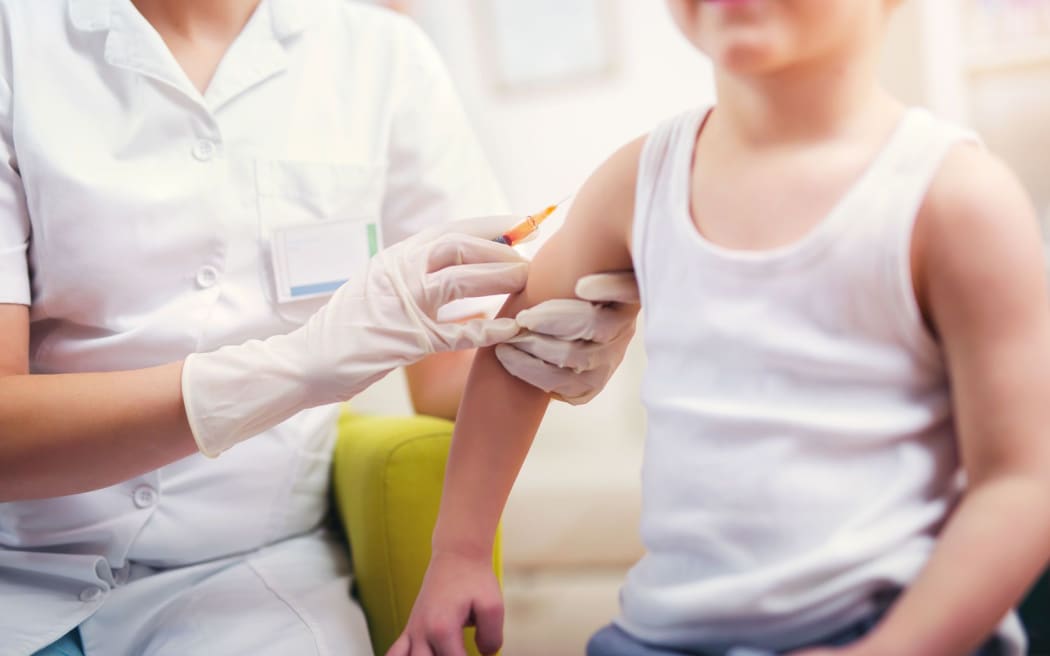A Northland family doctor is warning parents that meningococcal disease is deadly and children need to be vaccinated against it.

Photo: 123RF
Free vaccinations will be offered to teenagers and children under four-years-old in Northland from next Wednesday.
There have been 29 cases of the W strain of the disease this year, more than twice as many as last year.
Seven of those cases have been in Northland, where MenW has killed three people since the middle of the year.
A Northland mother, Rowshae Albert, lost her daughter Alexis to the disease in July and urged other parents to vaccinate.
"I just really don't want them to go through the same traumatic experience I had to endure with my baby," she said.
Whangarei GP Andrew Miller said the vaccine works and children should be given it.
"When we had the meningitis C epidemic, and we did the exact same type of programme run through communities with general practice helping out, the number of menC cases dropped to virtually none at all," he said.
"They're incredibly effective for those that have it.
"This is a deadly disease and if people have a chance to protect themselves against something that seems to strike very randomly, quite often fatally even diagnosed early it'd be a pretty easy decision to make I'd of thought," Dr Miller said.
Northland is also home to a vocal anti-vaccine lobby which could impede the immunisation.
"They just have to live with it if they decide not to do something that's proven in scientific fact," Dr Miller said.
"It's a risk I wouldn't take with my own children, that's for sure."
Dr Caroline McElnay, the Director of Public Health with the Ministry of Health said Northland was successfully able to vaccinate against meningococcal C in 2007.
"We know they've got the ability to do it," she said.
The MenW organism can live in the back of the throat without the carrier knowing it, Dr McElnay said.
The carriage rate is highest in adolescents but the highest fatality risk group is under-5s.
Free immunisations will be offered to those aged nine months to four years, inclusive, and those aged 13 to 19 years, also inclusive.
Dr McElnay said it was a two-pronged approach - to tackle the carriers while protecting the most vulnerable.
"We really do encourage the community to take up this opportunity," she said.
Dr McElnay said a door-to-door strategy could be employed in smaller communities.
Although three people have died from MenW outside Northland, the vaccine is not funded outside the region and will not be rolled out nationwide.
She said this was because the cases in Northland were clustered, but were sporadic around the rest of the country.
Dr McElnay said concerned parents can get it at their GP but it will come at a cost.


